What to do with bluebells after flowering to ensure their pretty blooms keep adorning your garden year after year
The fool-proof guide to post-flowering bluebell care approved by gardening experts
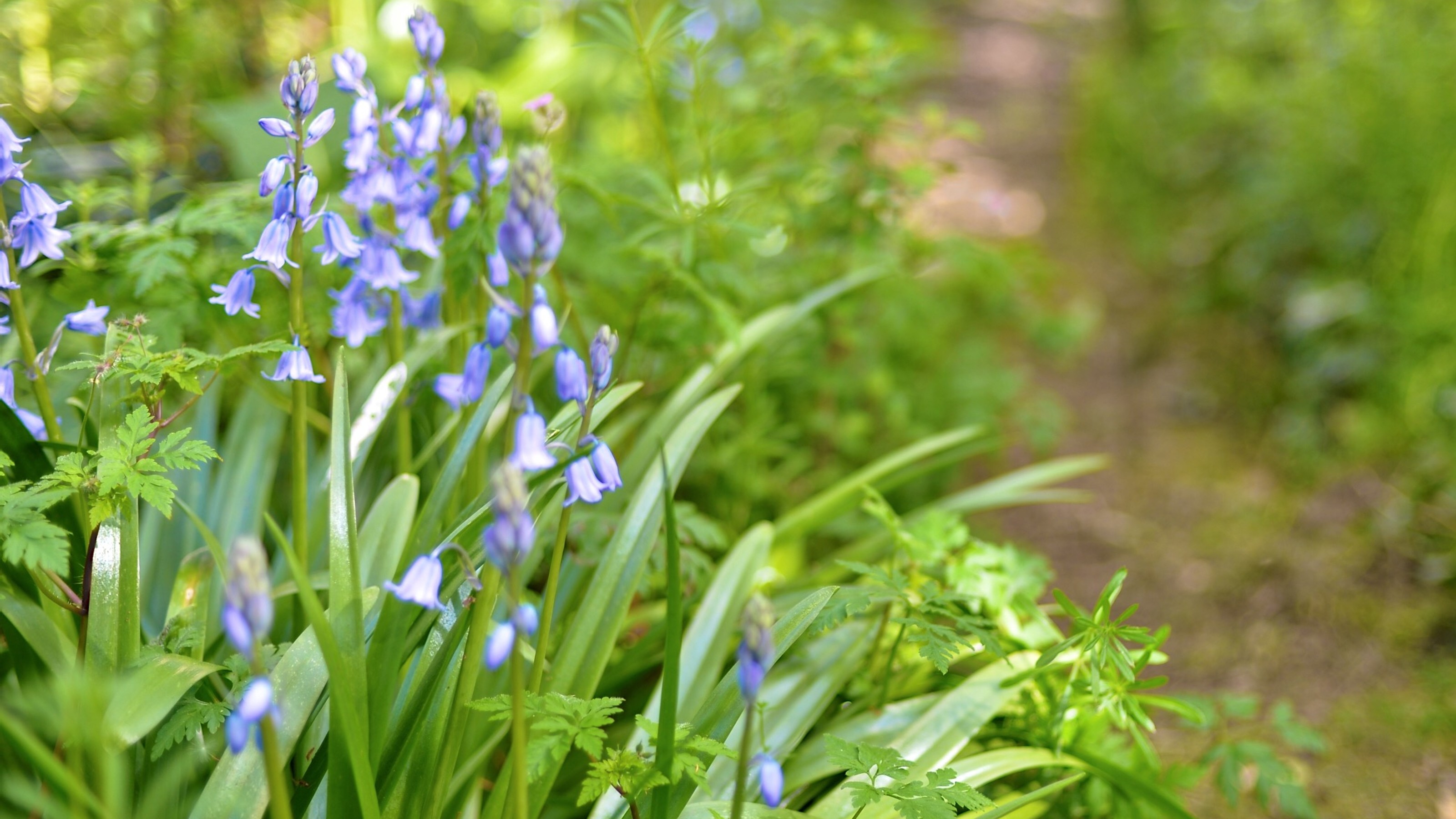

In recent weeks, many have found their gardens blooming with bluebells to their surprise sparking something of a craze for these dainty blue flowers. So if you have bluebells in your garden ( intentionally or accidentally!) and want to keep it that way over the years to come, you will need to know what to do with bluebells after flowering to make sure they stay healthy and keep coming back.
These delicate blooms are not only pretty to look at but they are also an essential British wildflower that provides nectar for local pollinators during springtime. So whether you’ve figured out how to plant bluebell bulbs and started growing them intentionally or they've spread to your outdoor space through their seeds, we recommend keeping them there.
knowing what to do with them after they finish flowering is an important part of bluebell care. Doing the wrong thing could end up killing off your pretty and sweet bluebells. So this is what our gardening experts recommend you do instead.
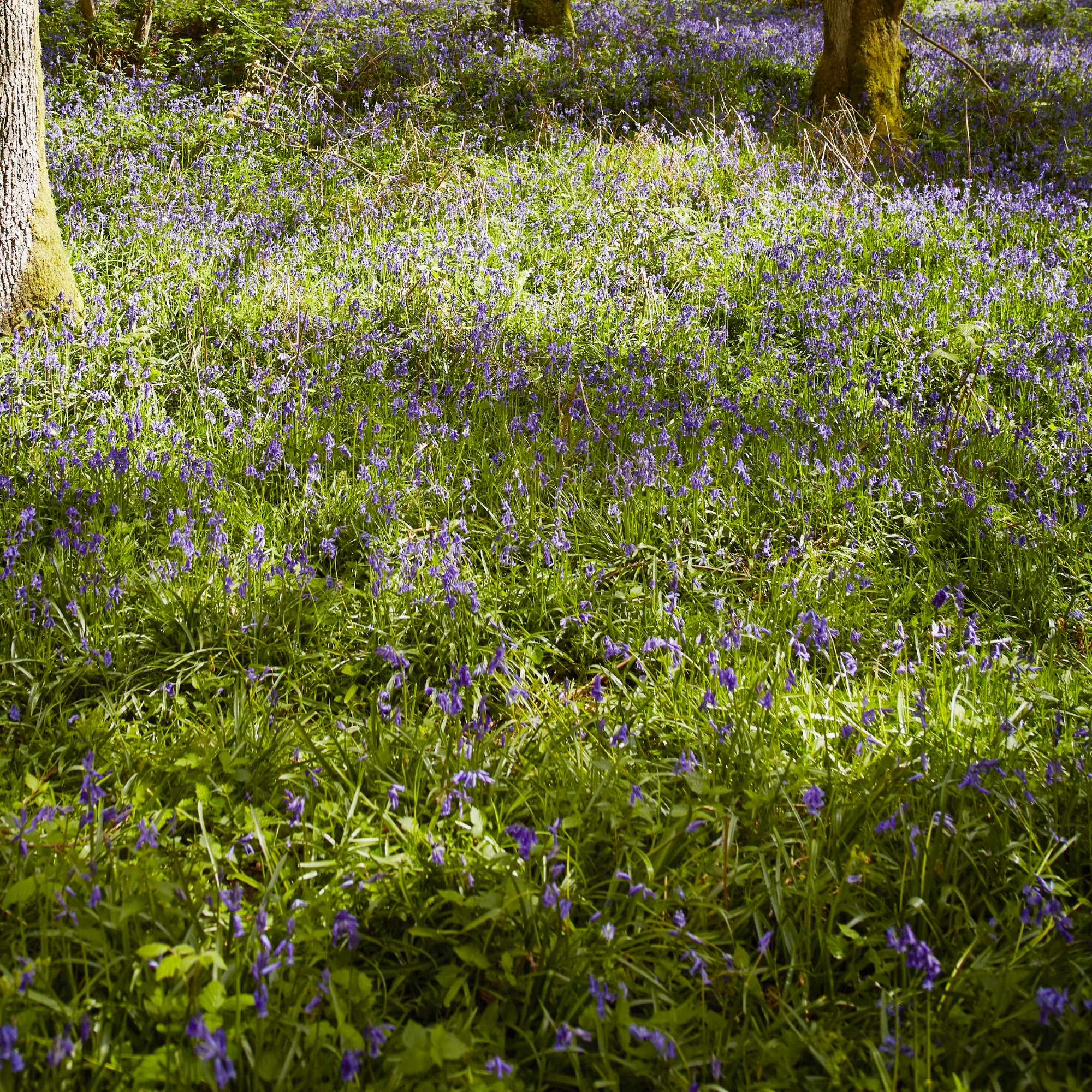
What to do with bluebells after flowering
Similarly to what to do with daffodils after flowering, caring for bluebells after they finish flowering is an exercise in patience. They usually finish blooming and start dying off around early May, enjoying their peak during April and the start of May, depending on the weather.
When they are past this stage, their spent flowers can be deadheaded almost straight away.
‘When the bluebells have stopped flowering, you can remove the dead blooms to stop the plant from putting energy into making seeds,’ says Fiona Jenkins, gardening expert at MyJobQuote.co.uk, the UK’s leading trades matching site.
This will also prevent the plant from spreading through the seeds to areas of your garden where you don’t want bluebell growth.

Fiona Jenkins is a UK-based landscaper with over twenty five years of experience in the industry. As a gardening expert for MyJobQuote, one of the UK's top trades-matching sites.
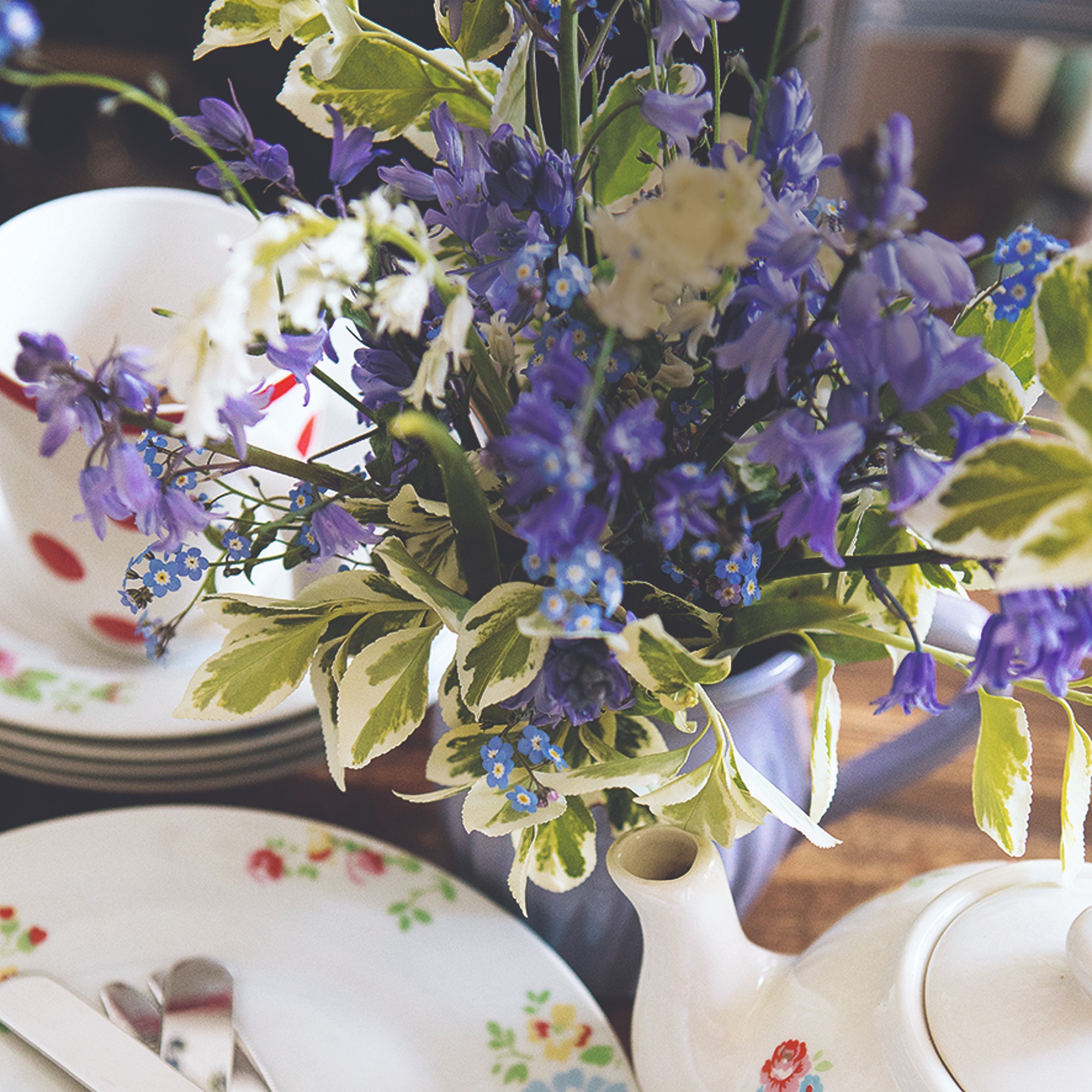
Leave the foliage as is
But when it comes to the leaves, that’s a whole different story as they should be left intact until they wilt on their own, as is the case with what to do with tulips after flowering.
‘Leave the bluebells’ foliage as it is instead of cutting it off,’ says Petar Ivanov, Fantastic Gardeners' gardening expert. ‘This way, by the time the leaves die, they’ll gather strength through photosynthesis and this will allow them to re-grow healthier in the future. Also, if they’re on your lawn, avoid mowing it until they’ve completely died off.’
‘Cutting them too soon will prevent them from photosynthesising and storing energy over the winter and the plant will die,' adds Fiona. 'You will know when the foliage has died off as it will become slimy and is easy to remove from the ground.’
For this, it’s recommended to wear garden gloves like these ones from Amazon since ‘bluebells can irritate your skin,’ as Fiona warns.

Petar Ivanov is one of the company's top-performing experts and manages over six teams of gardeners, delivering stunning landscape results and fostering a deep connection with nature through his work.
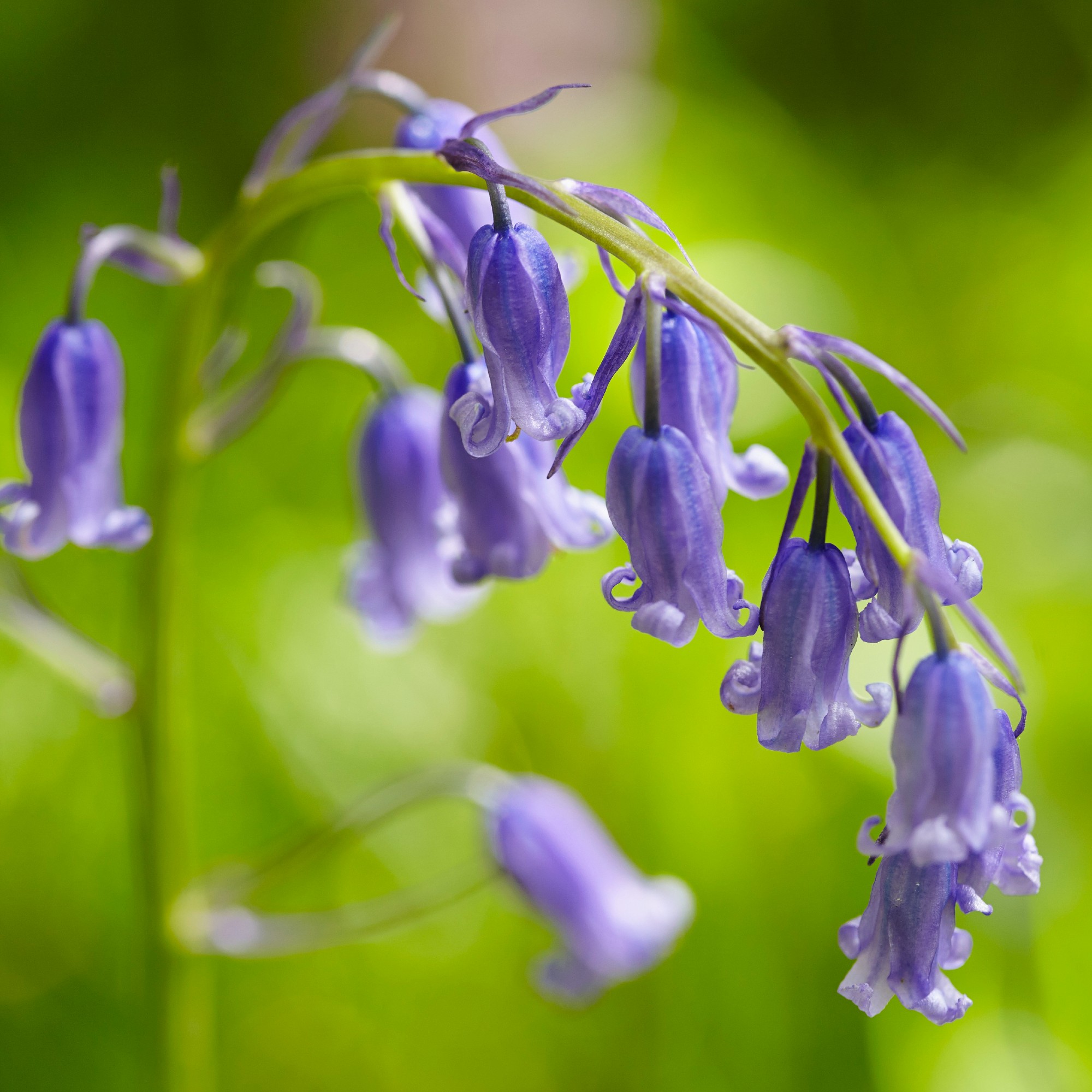
FAQs
Should I pull up dead bluebells?
‘It’s not necessary to pull dead bluebells up unless you don’t want them to regrow the next year. You’ll only need to deadhead their spent flowers if you want to prevent them from spreading their seeds,’ Petar explains.
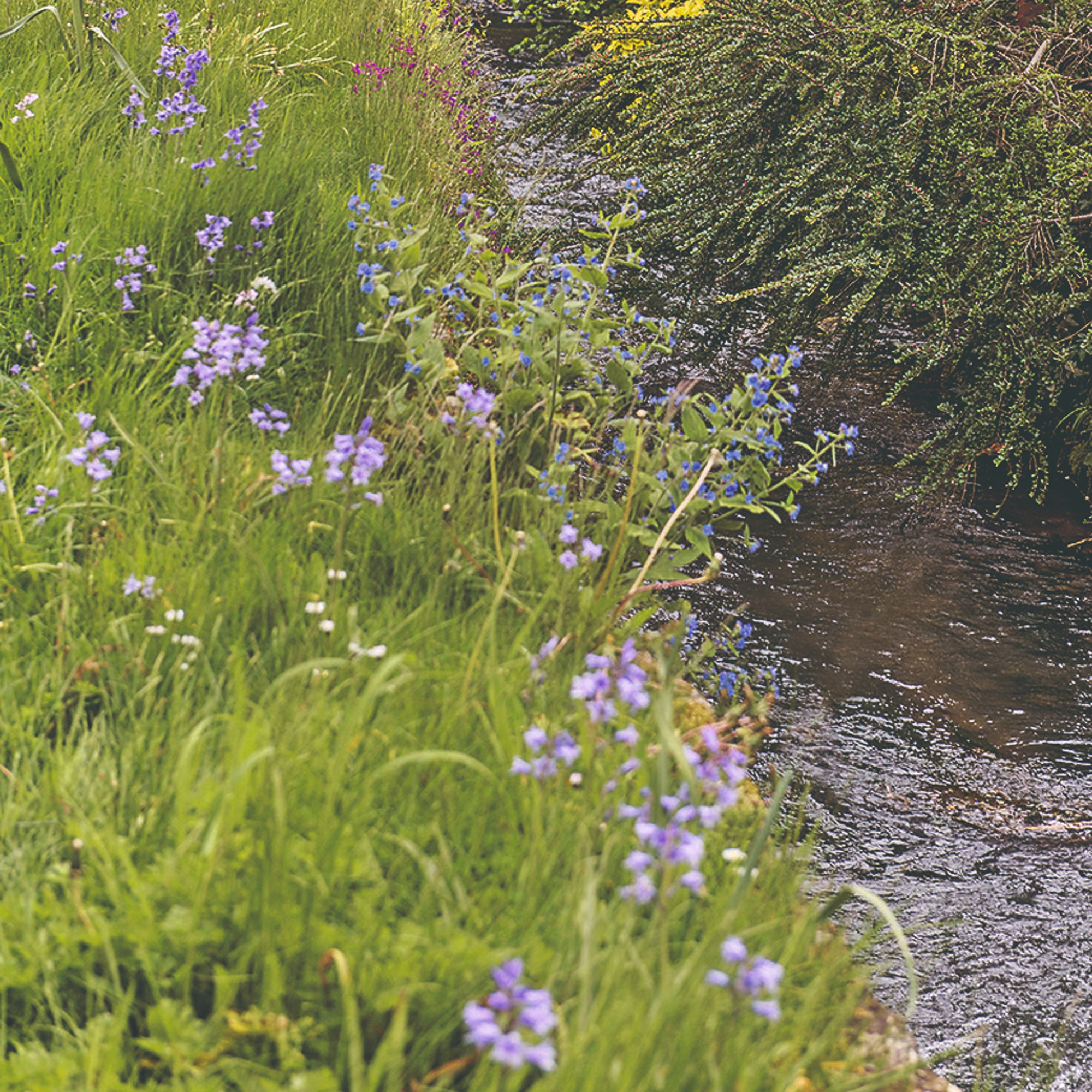
Do bluebells come back every year?
Bluebells are a perennial plant so if you follow the tips here, they will keep coming back every spring to decorate your garden with their beautiful blue blooms.
‘Bluebells are perennials which means that they will bloom every year. During the spring they soak up energy from the sun to store in their bulbs in preparation for flowering again the next year,’ Fiona says.
With this advice there is no reason why your bluebells shouldn’t come stronger and better next year and the one after that.
Get the Ideal Home Newsletter
Sign up to our newsletter for style and decor inspiration, house makeovers, project advice and more.

Sara Hesikova has been a Content Editor at Ideal Home since June 2024, starting at the title as a News Writer in July 2023. She is now also the Ideal Home Certified Expert in Training on Furniture, and so far has tested over 150 different sofas.
Graduating from London College of Fashion with a bachelor’s degree in fashion journalism in 2016, she got her start in niche fashion and lifestyle magazines like Glass and Alvar as a writer and editor before making the leap into interiors, working with the likes of 91 Magazine and copywriting for luxury bed linen brand Yves Delorme among others.
-
 Table wardrobes are the genius kitchen storage solution you didn't know you needed - here's how to create one
Table wardrobes are the genius kitchen storage solution you didn't know you needed - here's how to create one'It’s the tablescaping equivalent of a capsule wardrobe' 'It’s the tablescaping equivalent of a capsule wardrobe'
-
 IKEA's new Oxford Street city store is the start of a huge change to how we shop the Swedish furniture brand
IKEA's new Oxford Street city store is the start of a huge change to how we shop the Swedish furniture brandIs this the return of the high street?
-
 I bought multiple Shark vacuums before becoming an expert vacuum tester — these are the 5 things I wish I knew back then
I bought multiple Shark vacuums before becoming an expert vacuum tester — these are the 5 things I wish I knew back thenI've made the mistakes so you don't have to